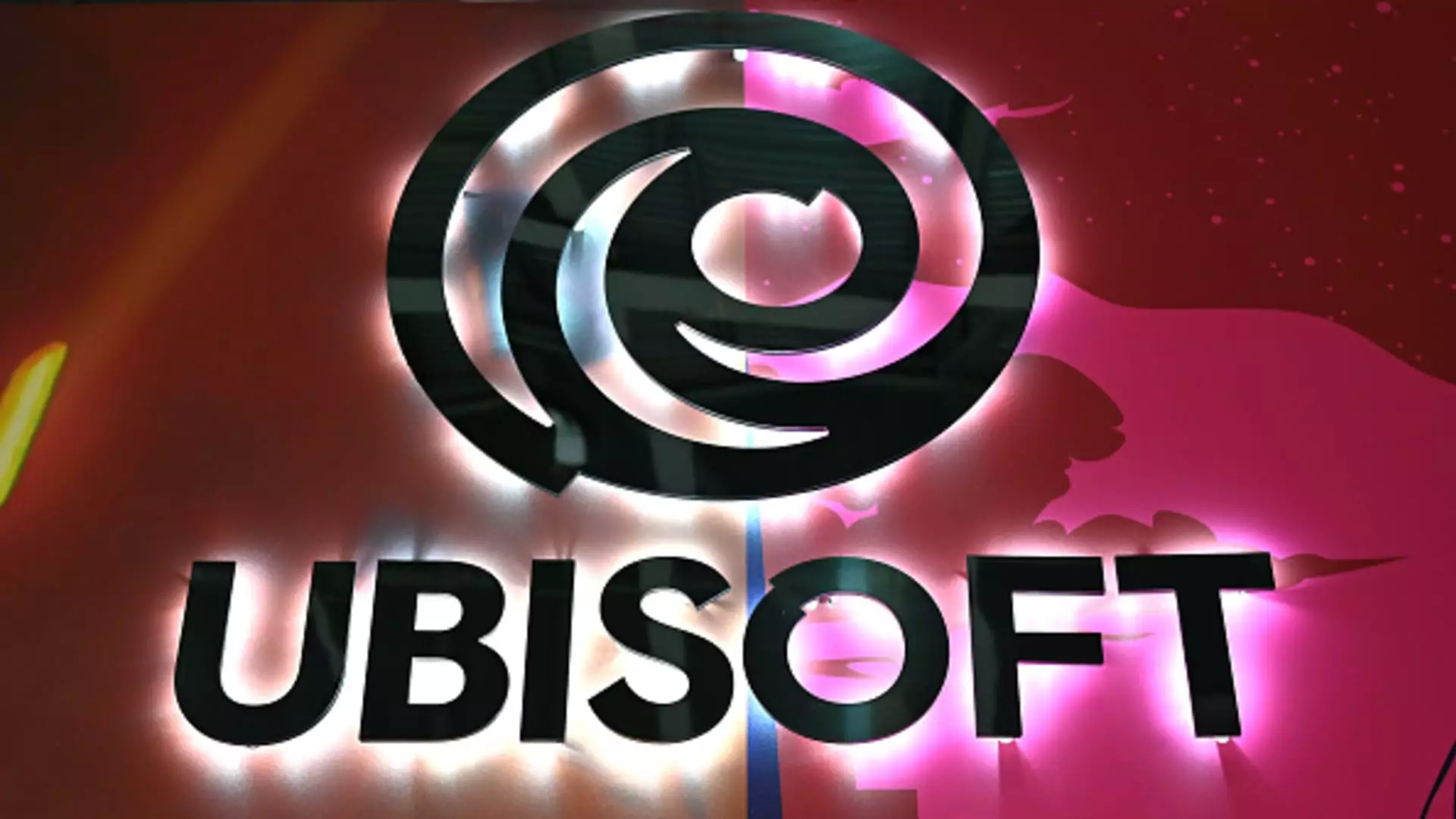The French video game publisher Ubisoft, known for hit franchises like “Assassin’s Creed,” recently saw its stock price soar over 30% following rumors of a potential buyout involving Tencent and the Guillemot family, who are significant minority shareholders. This dramatic increase in share value reflects investor sentiment that has been heavily influenced by a series of disappointing financial results and management decisions. Throughout the year, Ubisoft has witnessed a staggering decline, losing more than half of its market value as it grappled with multiple setbacks, including underwhelming game releases and management difficulties.
These concerns came to a head when Ubisoft announced a postponement of its eagerly anticipated “Assassin’s Creed Shadows,” which was pushed back by three months due to “softer than expected” demand for its earlier title, “Star Wars Outlaws.” This decision was met with skepticism, revealing a chasm between investor expectations and the company’s execution of its strategic plan. As Ubisoft’s stock languished at decade lows, discussions surrounding a potential takeover gained momentum, illustrating the urgency felt by shareholders to rectify the company’s trajectory.
The reports of Tencent and the Guillemot family’s deliberation over a buyout suggest a pivotal opportunity for the gaming powerhouse to reinvent itself amid stirring market challenges. Tencent, a formidable player in the global technology landscape, owns roughly 10% of Ubisoft, while the Guillemot family, the founding members of the company, has a vested interest in the firm’s future. The idea of these two parties collaborating to take Ubisoft private presents an intriguing strategy that might stabilize the company’s operations while enabling a more agile response to the rapidly evolving gaming landscape.
However, the implications of such a transaction are complex. Tencent’s resources could provide the necessary capital to reinvigorate Ubisoft, potentially leading to a revitalized game development pipeline. Nevertheless, the market’s reaction remains cautious, particularly given the past struggles under the current management, which has led to calls for actionable change from various stakeholder groups, including activist investors like AJ Investments.
Ubisoft’s current predicament is emblematic of broader industry trends. The gaming market is poised for sluggish growth, with research firm Newzoo projecting a mere 2.1% year-over-year increase for 2024. Contrasting this is the explosive growth of the gaming industry during the pandemic years, which has now settled into a more challenging environment characterized by oversaturation and consumer fatigue. Gamers are increasingly inclined to dedicate time to established titles rather than invest in new releases, heavily impacting the financial performance of new games.
As the financial landscape shifts, it has become paramount for Ubisoft to reevaluate its approach—not just in terms of game releases but also its overall strategic framework. The company’s recent guidance cut, forecasting net bookings of around 1.95 billion euros for fiscal 2025, starkly contrasts with previous targets and indicates a significant need for operational improvements.
Ubisoft’s management, particularly under CEO Yves Guillemot, faces immense pressure to undertake a reformative strategy. An ongoing executive committee review aims to enhance execution, yet the larger question looms: can Ubisoft adequately pivot to meet contemporary market demands? The rise of both Tencent’s involvement and activist investors underscores a pivotal moment for the company, marking an inflection point.
Key to this transformation will be a focus on innovation and the re-establishment of strong franchises that resonate with consumers amid this cultural shift. As the gaming industry continues to evolve, sustainability and adaptability will prove essential to not only survive but thrive against intensified competition from more agile developers and the shifting preferences of gamers.
While recent market developments offer a glimmer of hope for Ubisoft, tangible results will depend on decisive management actions. If handled adeptly, the potential backing from Tencent and strategic input from the Guillemot family could usher in a new era for Ubisoft, revitalizing its brand and restoring confidence among stakeholders.


Leave a Reply